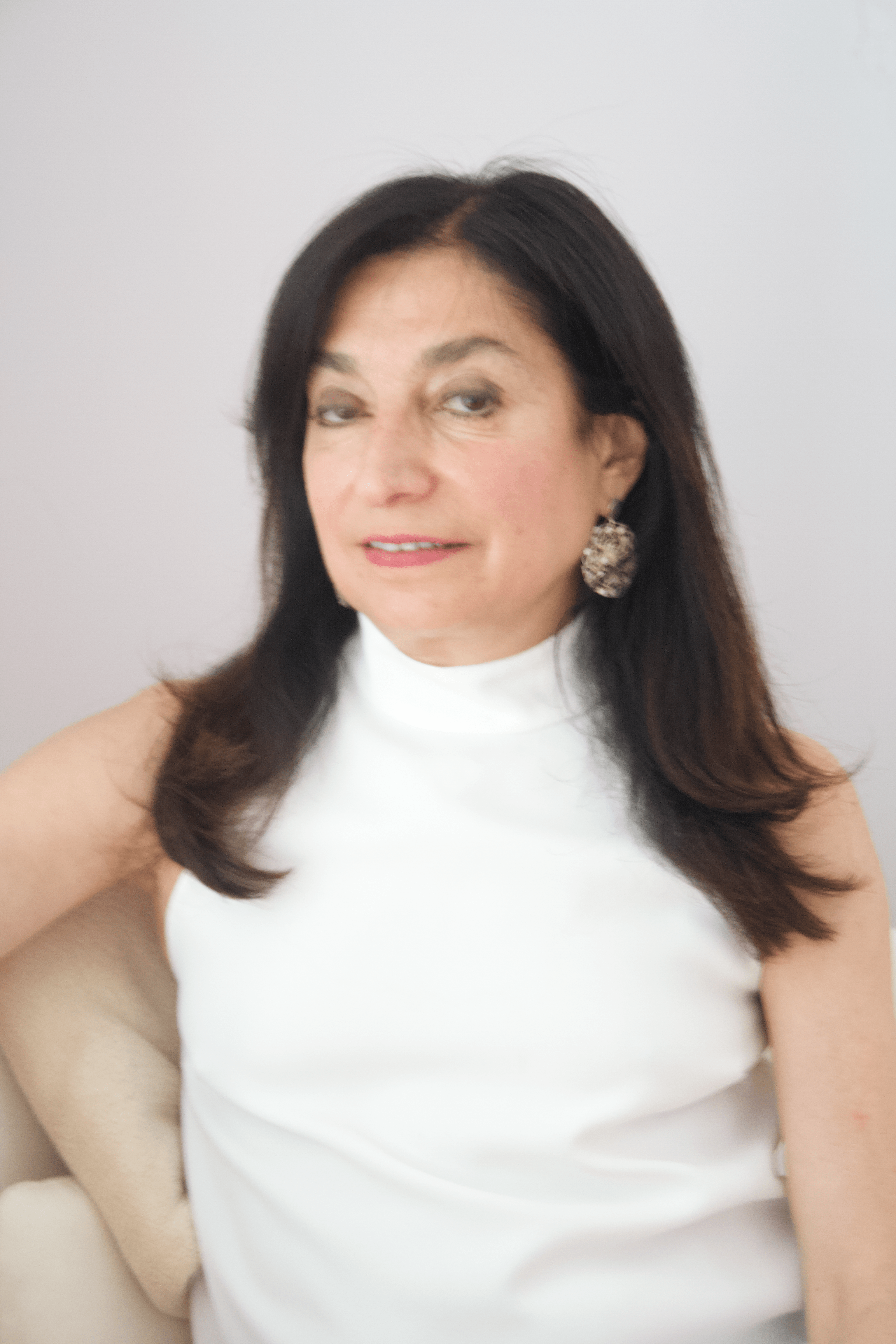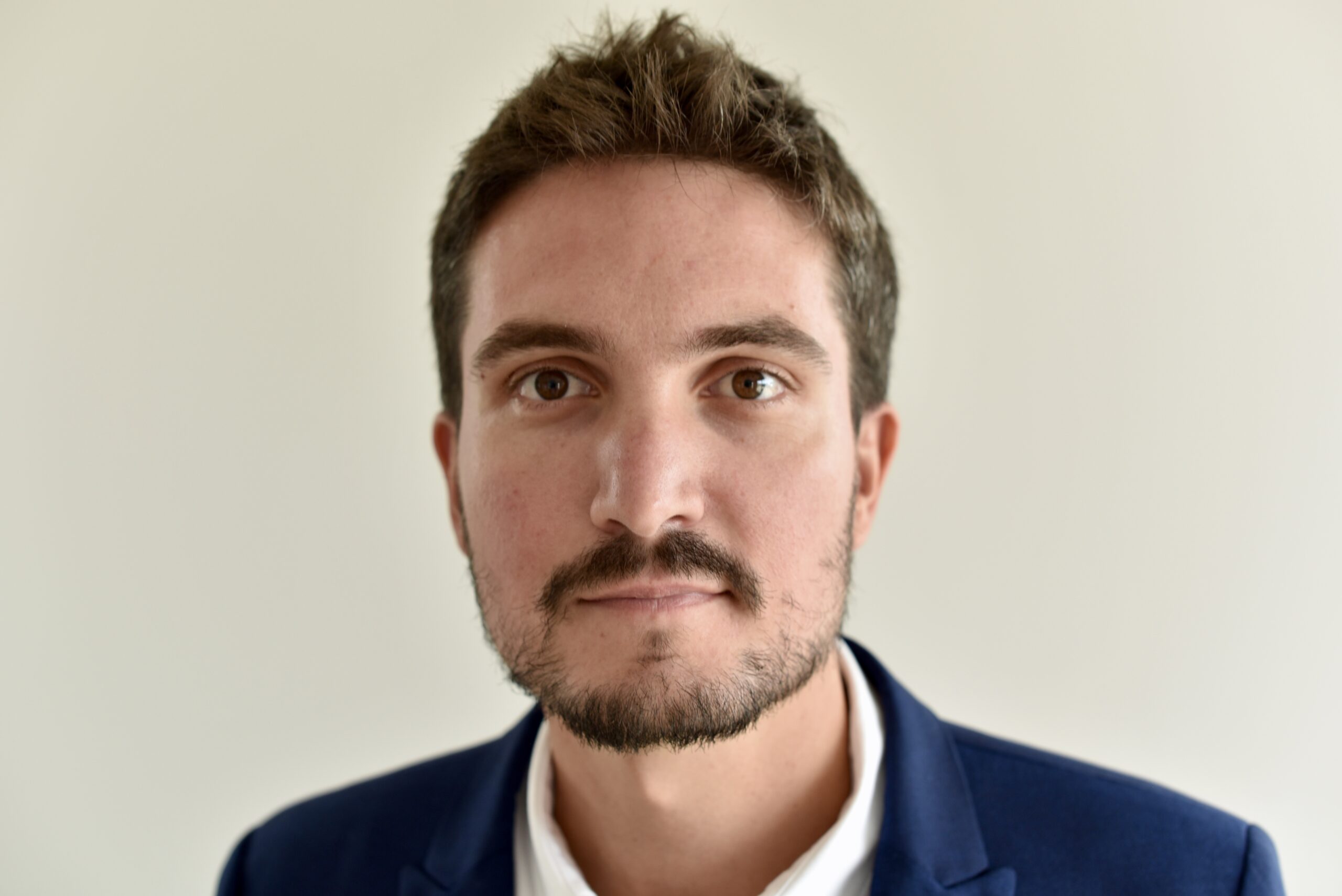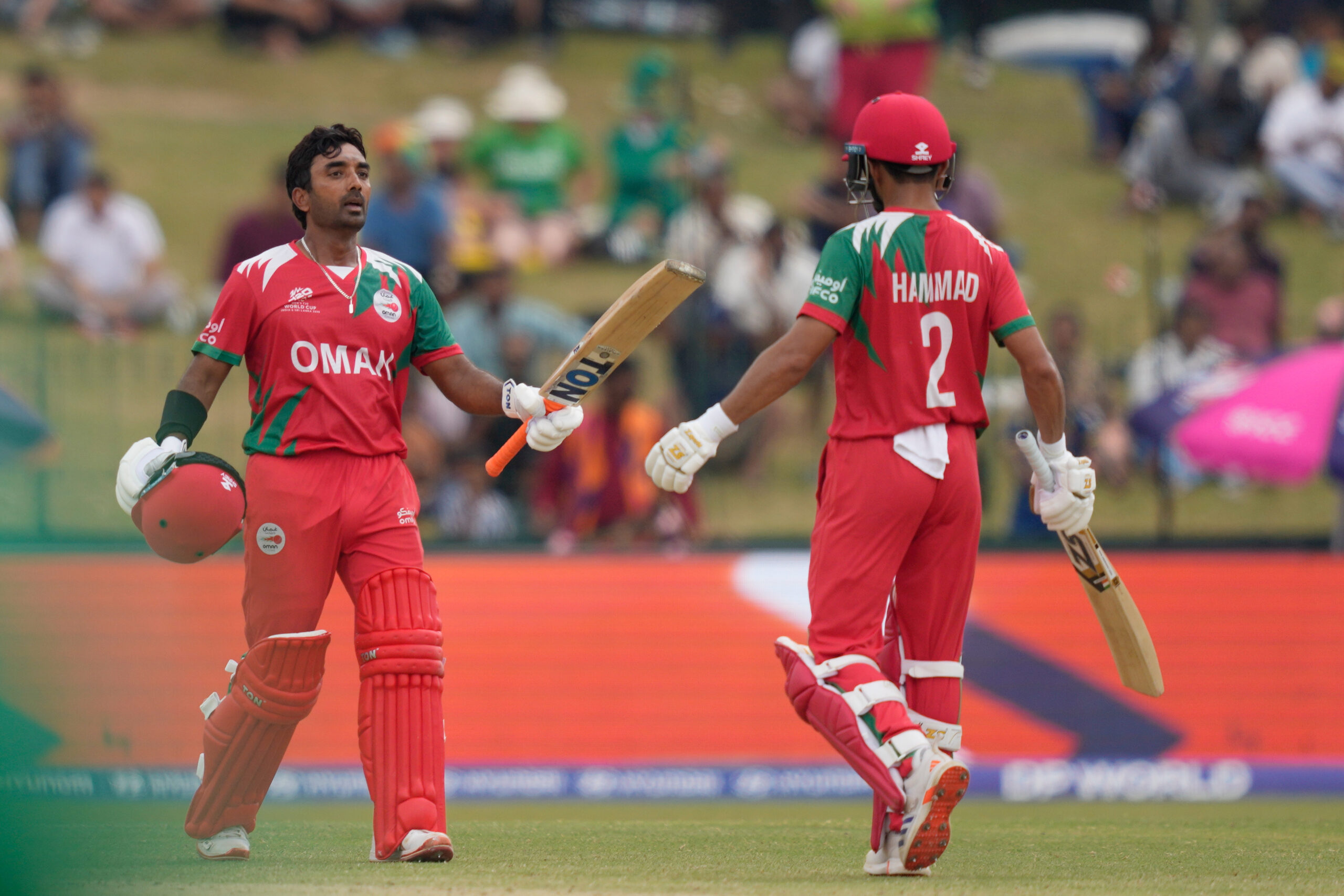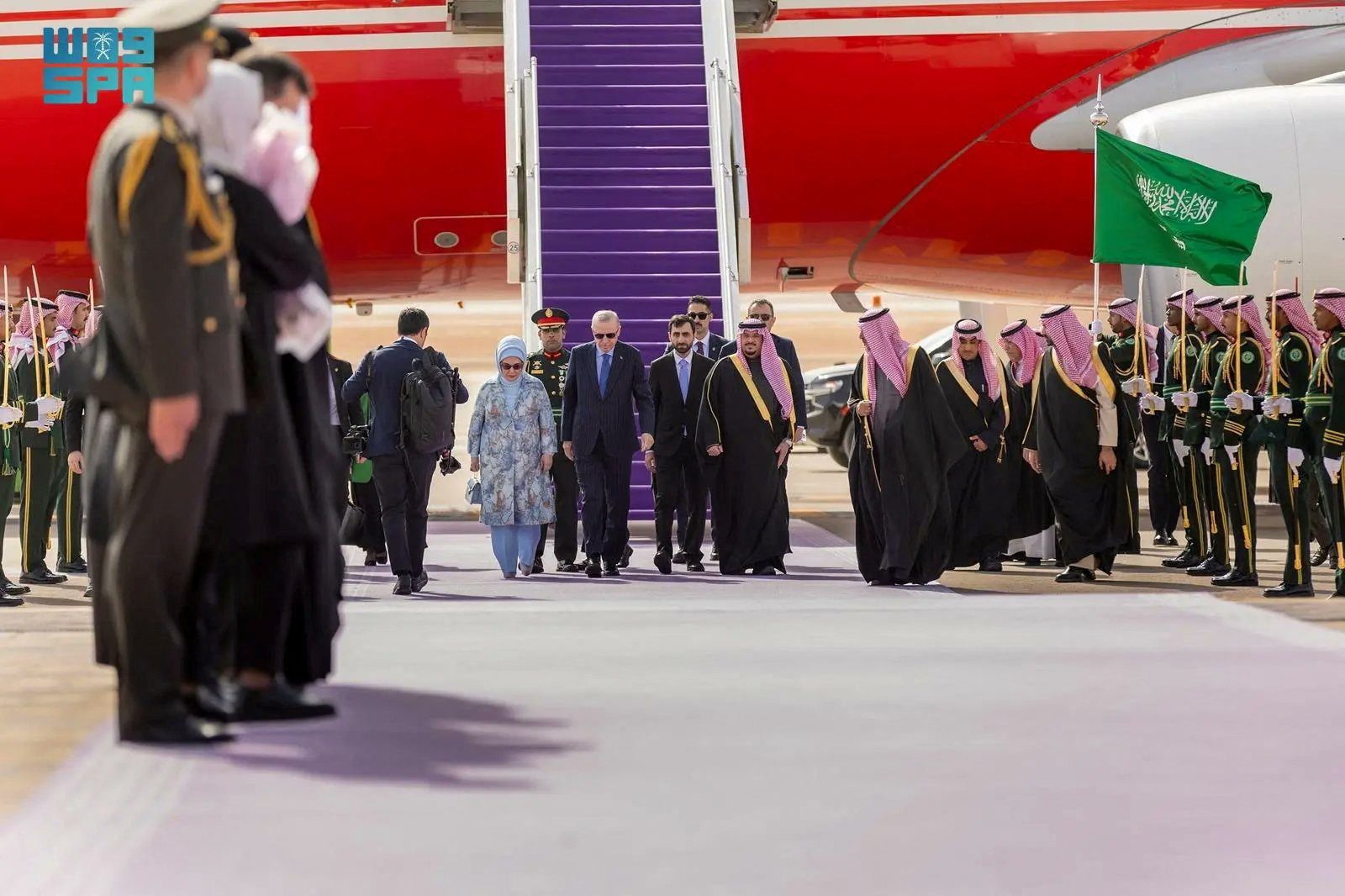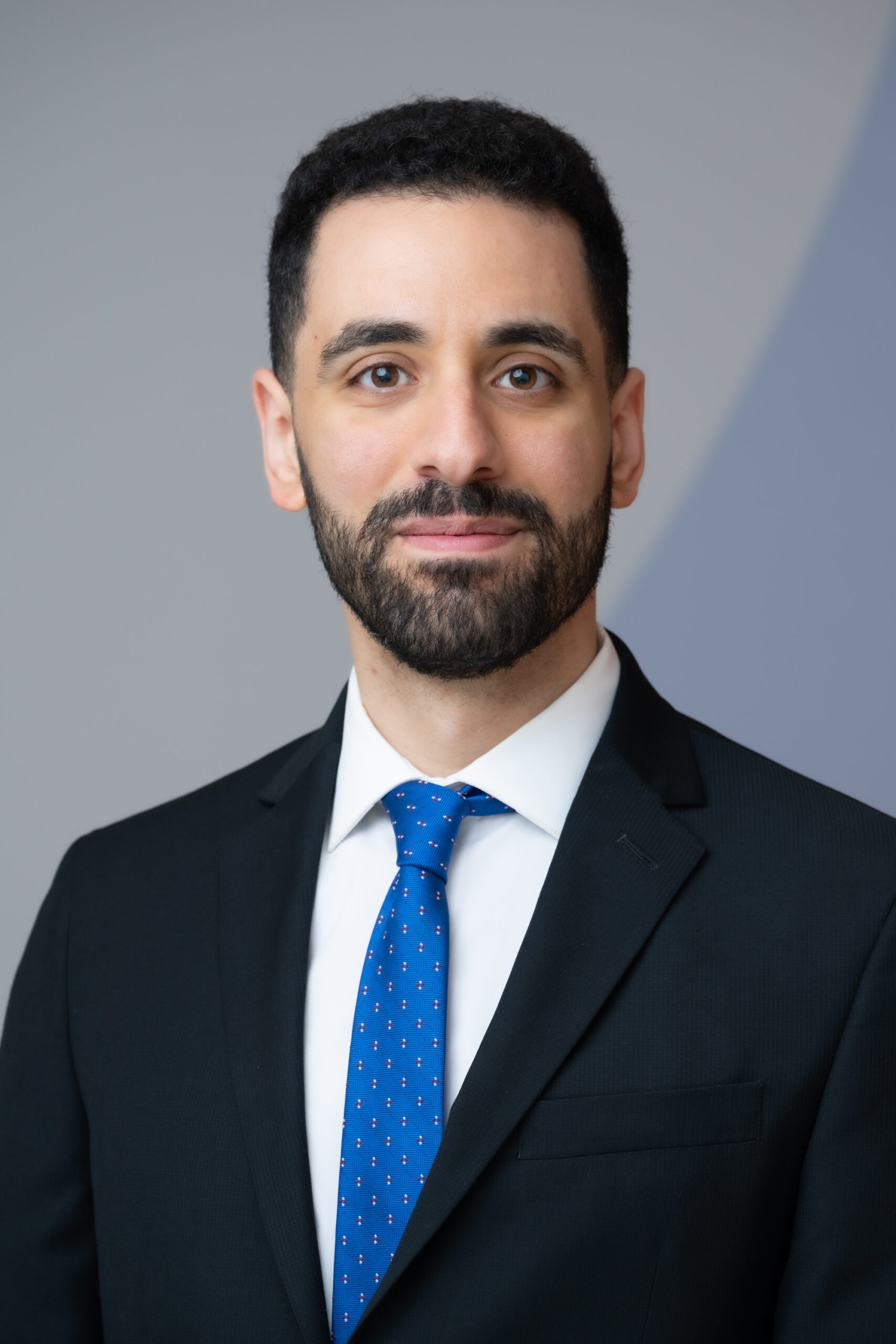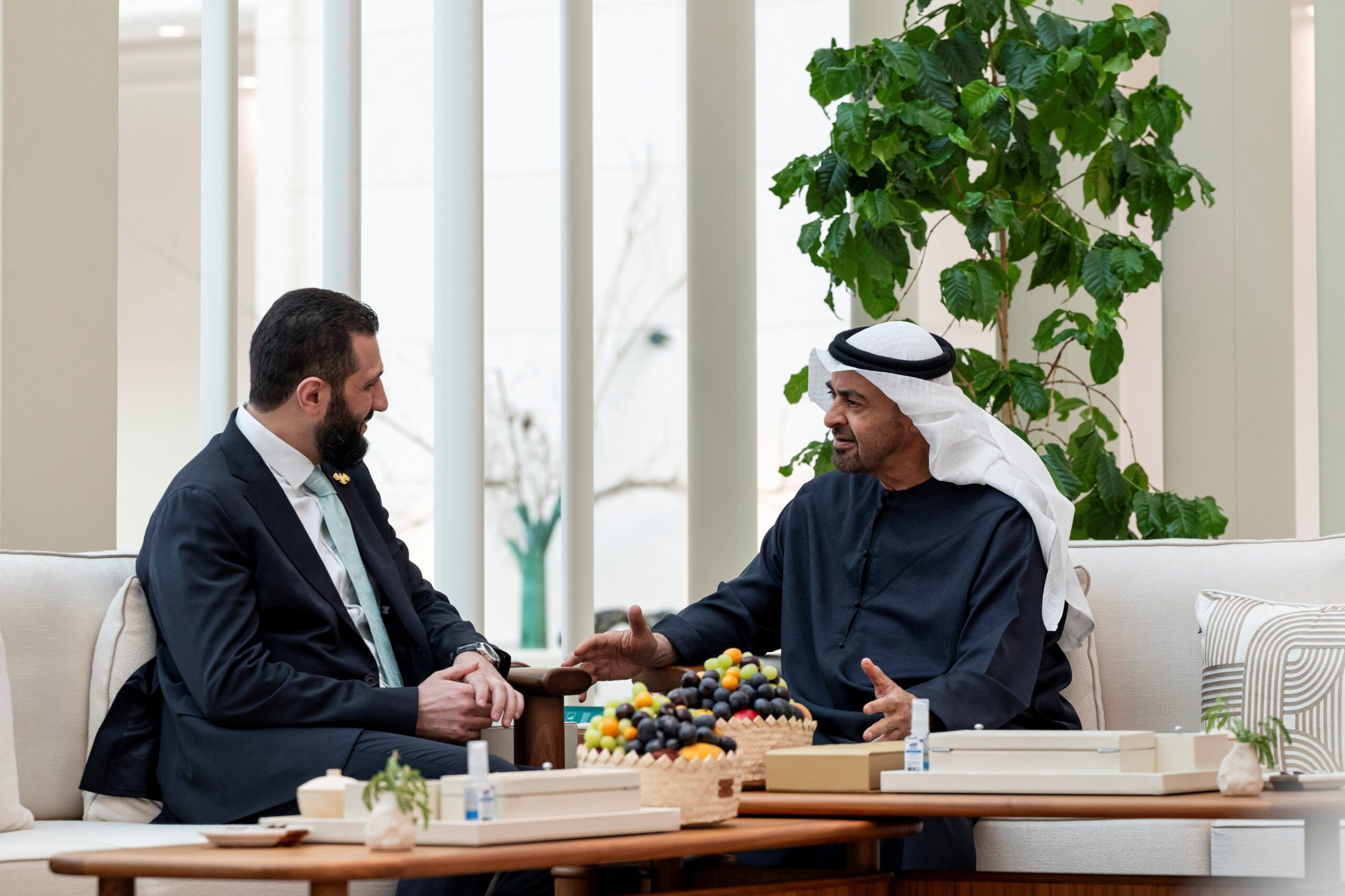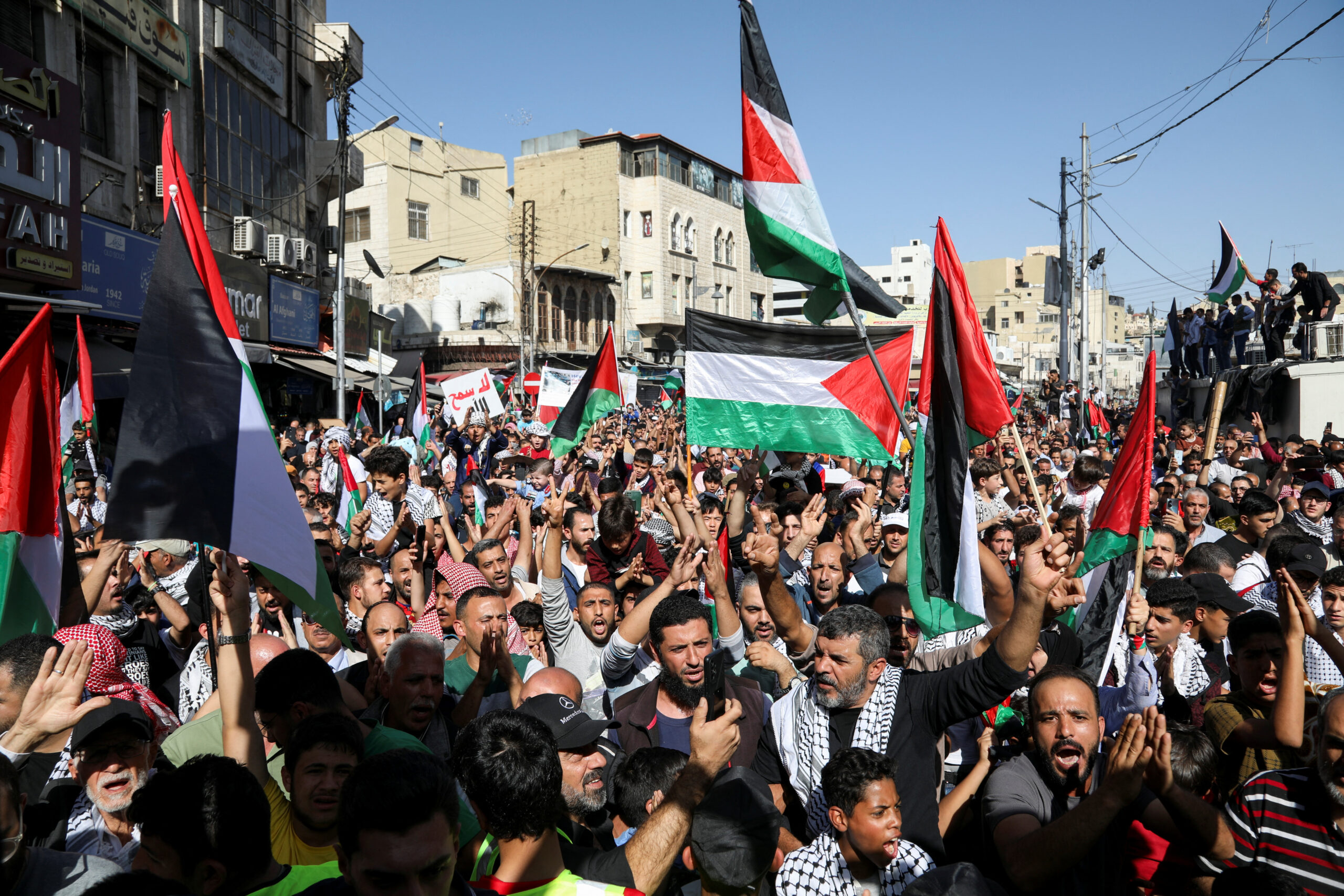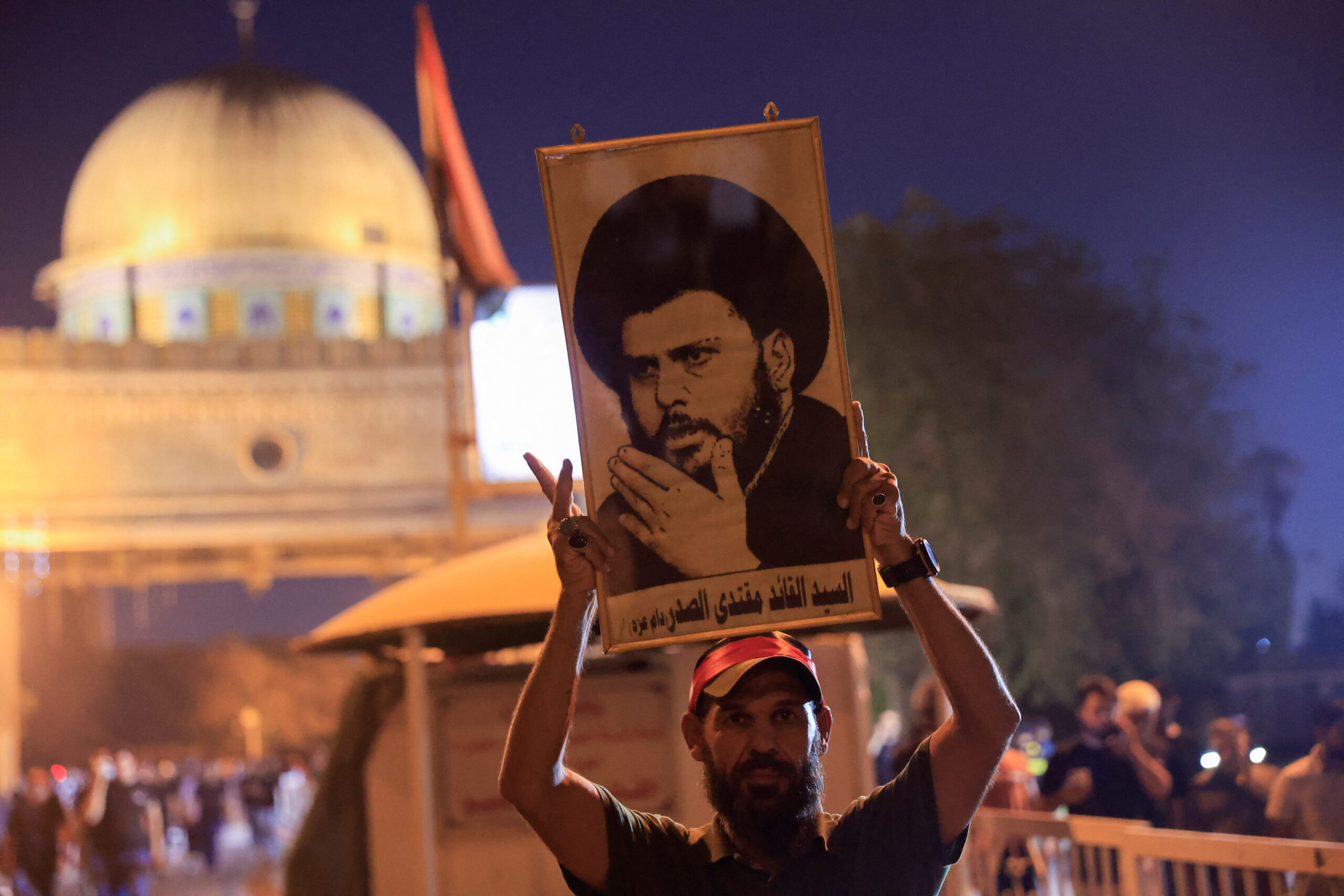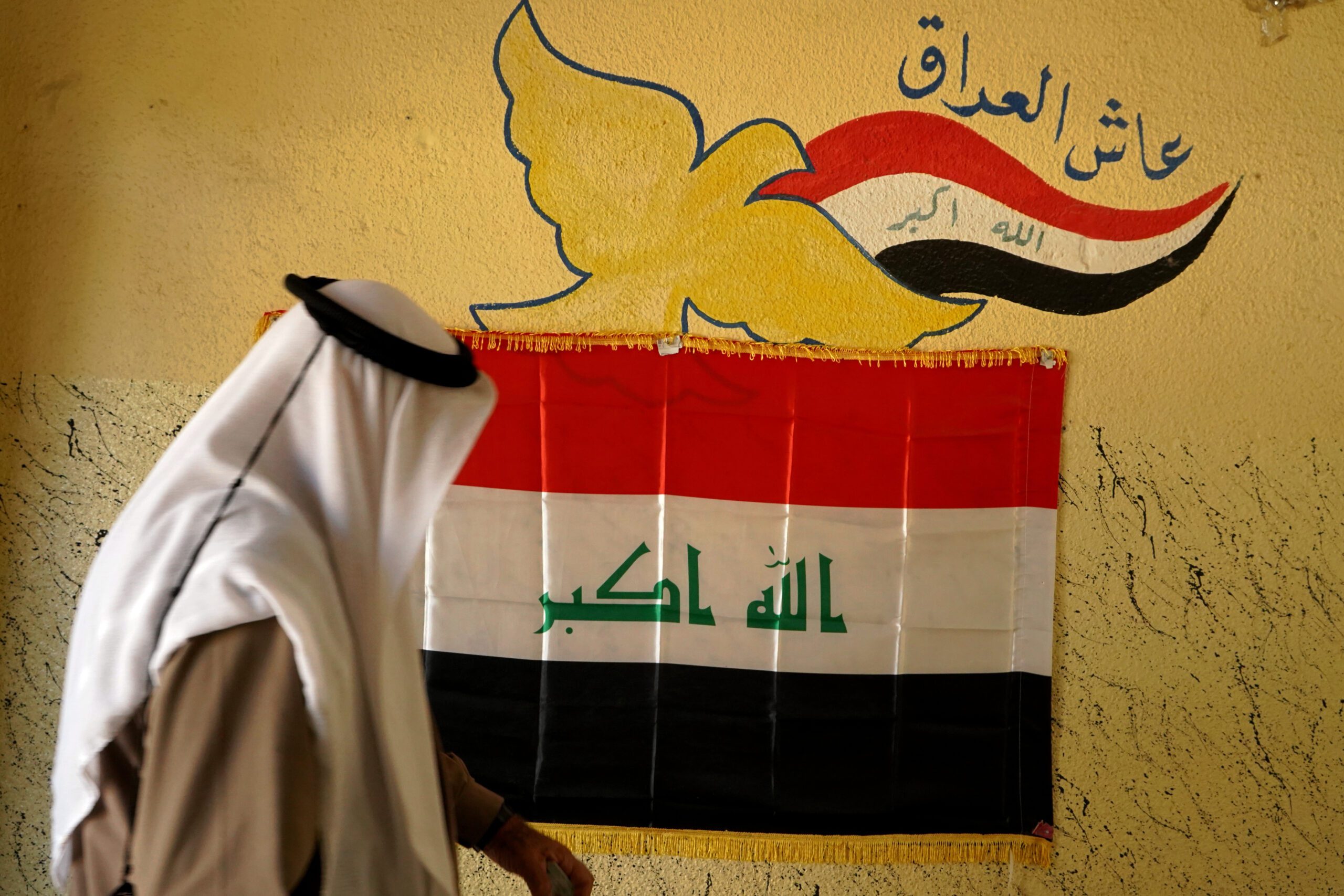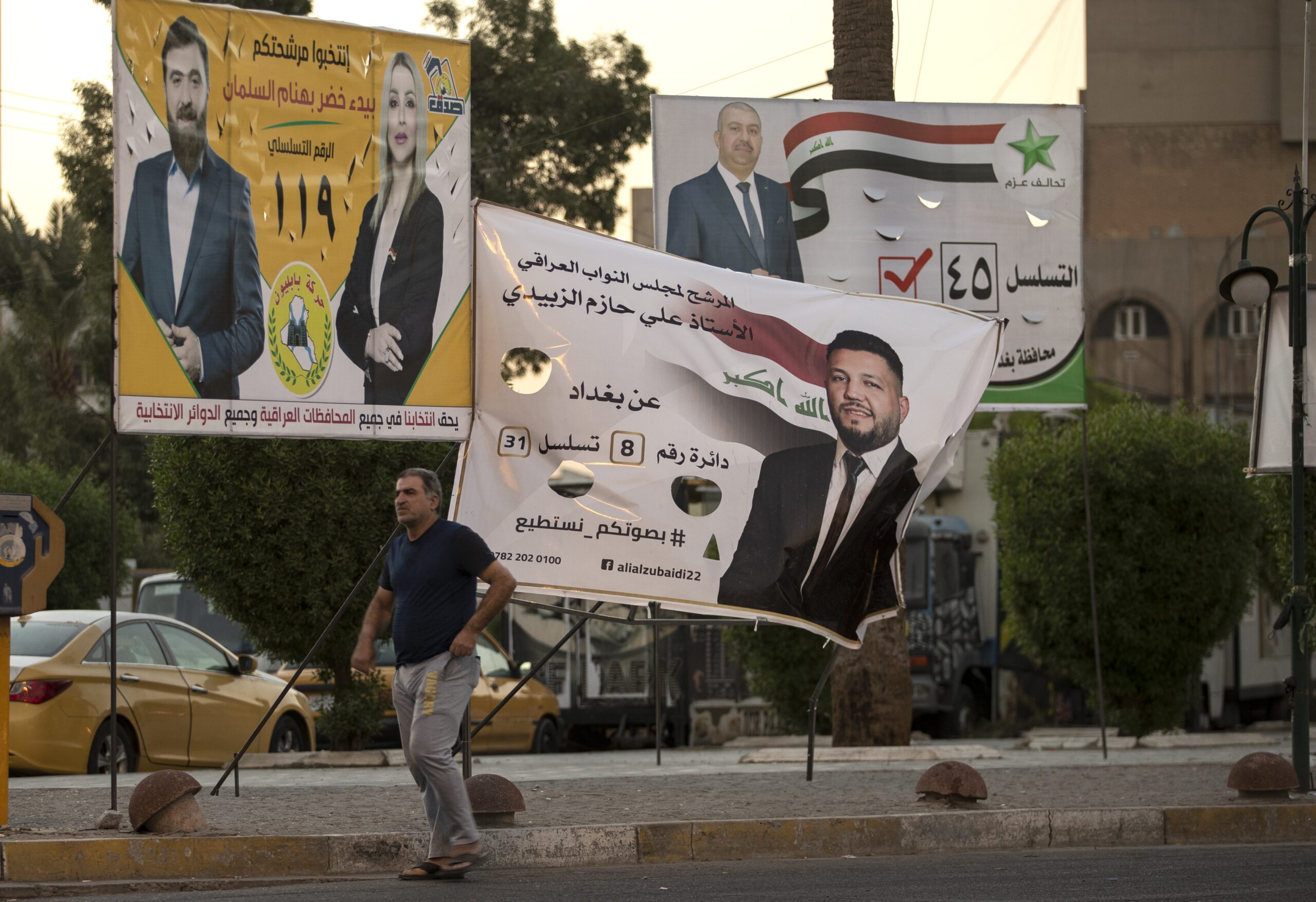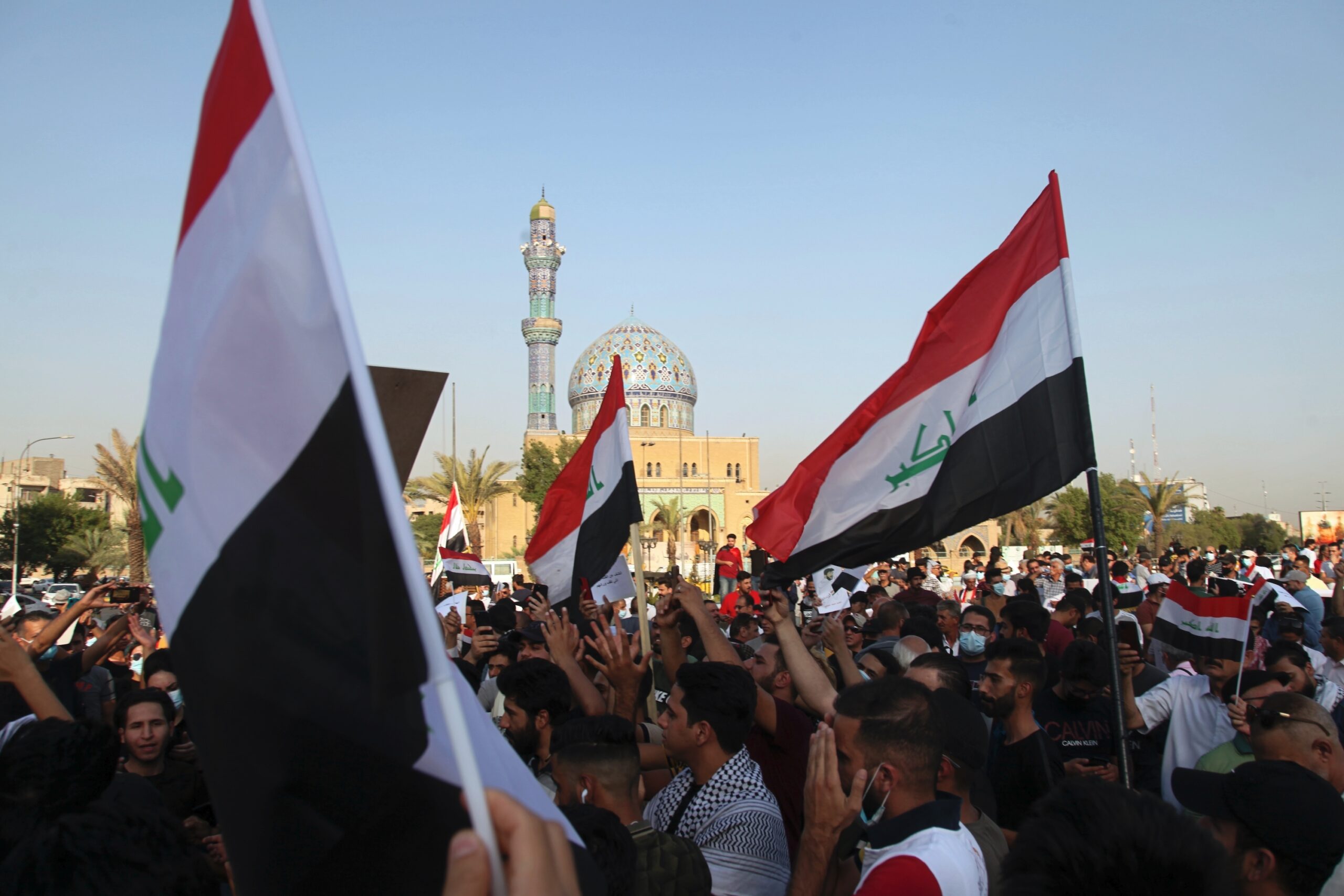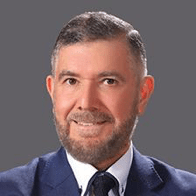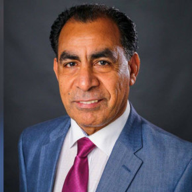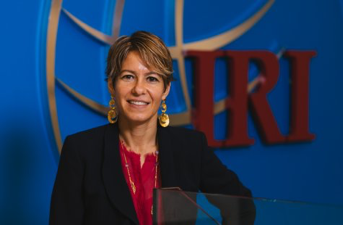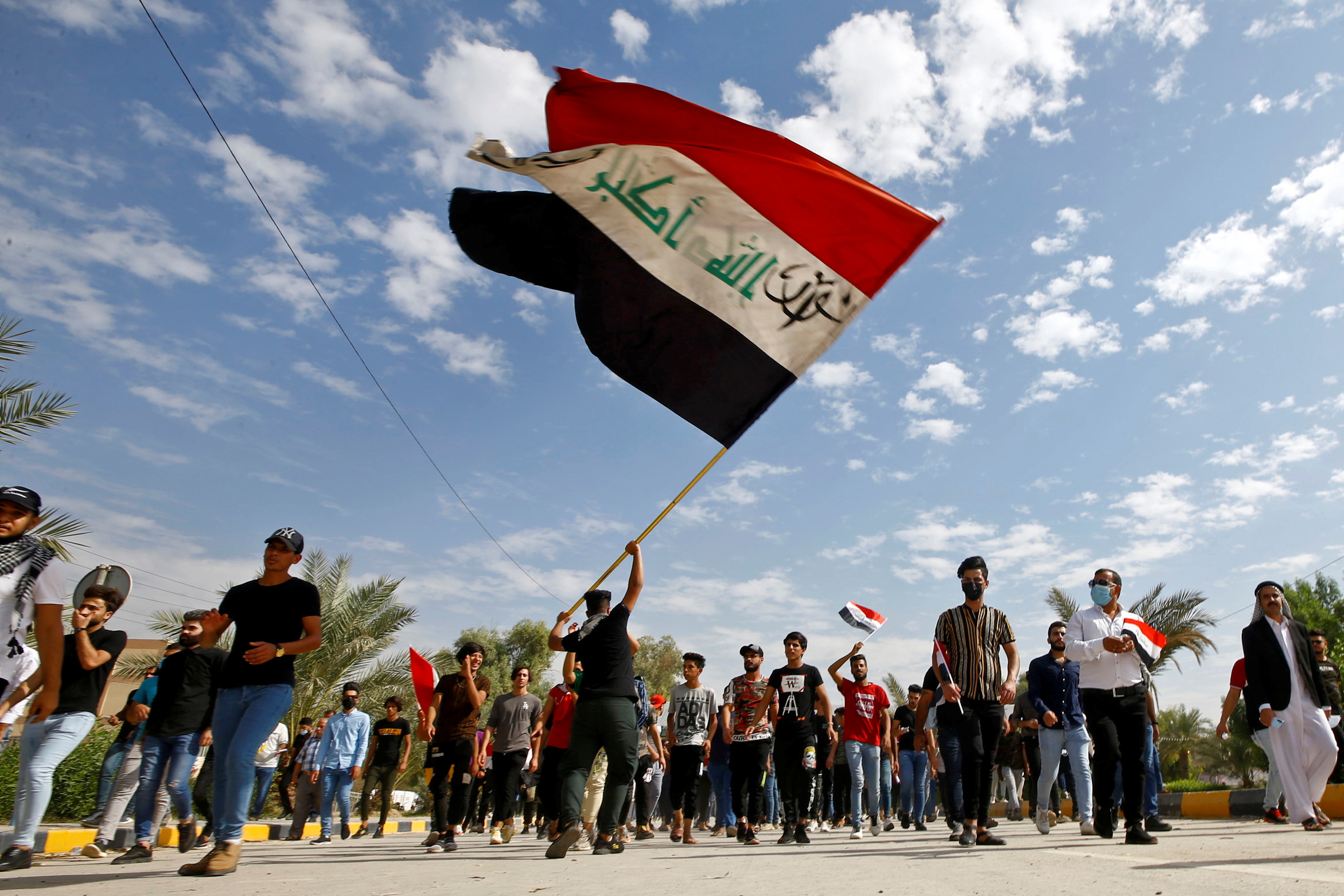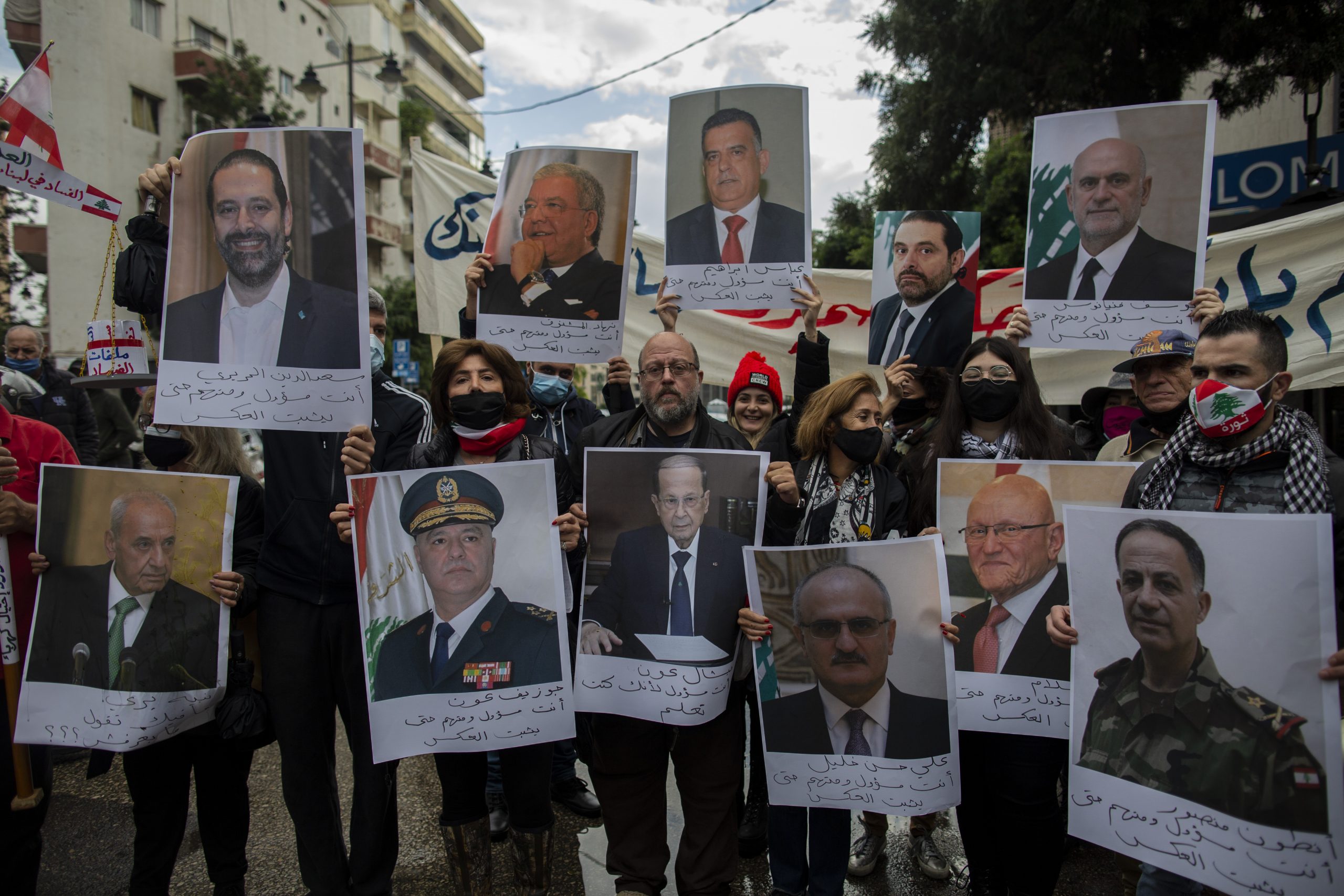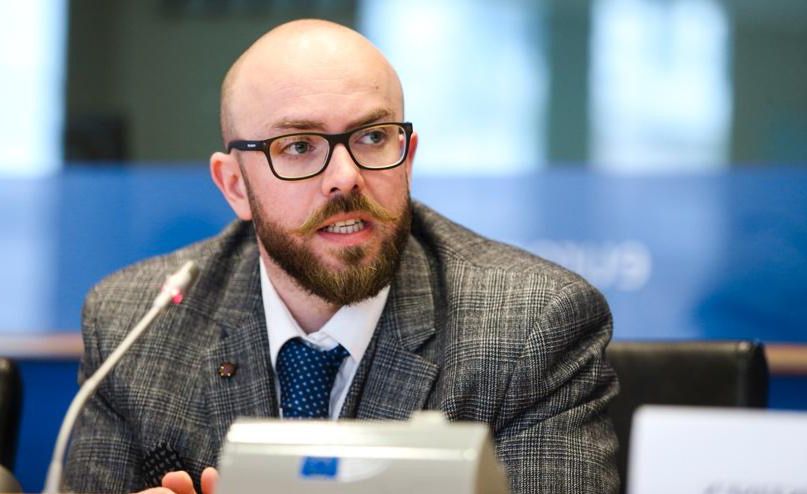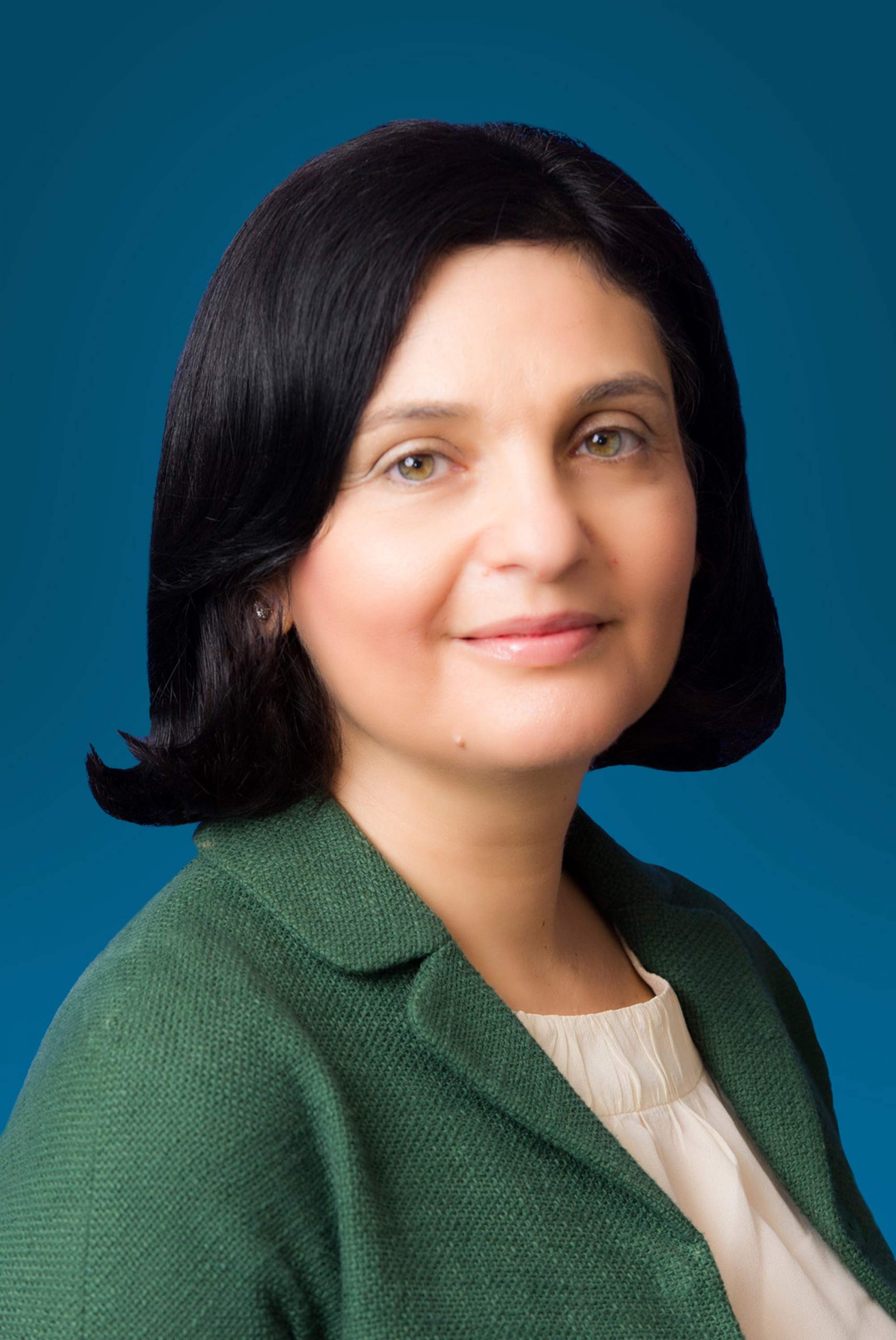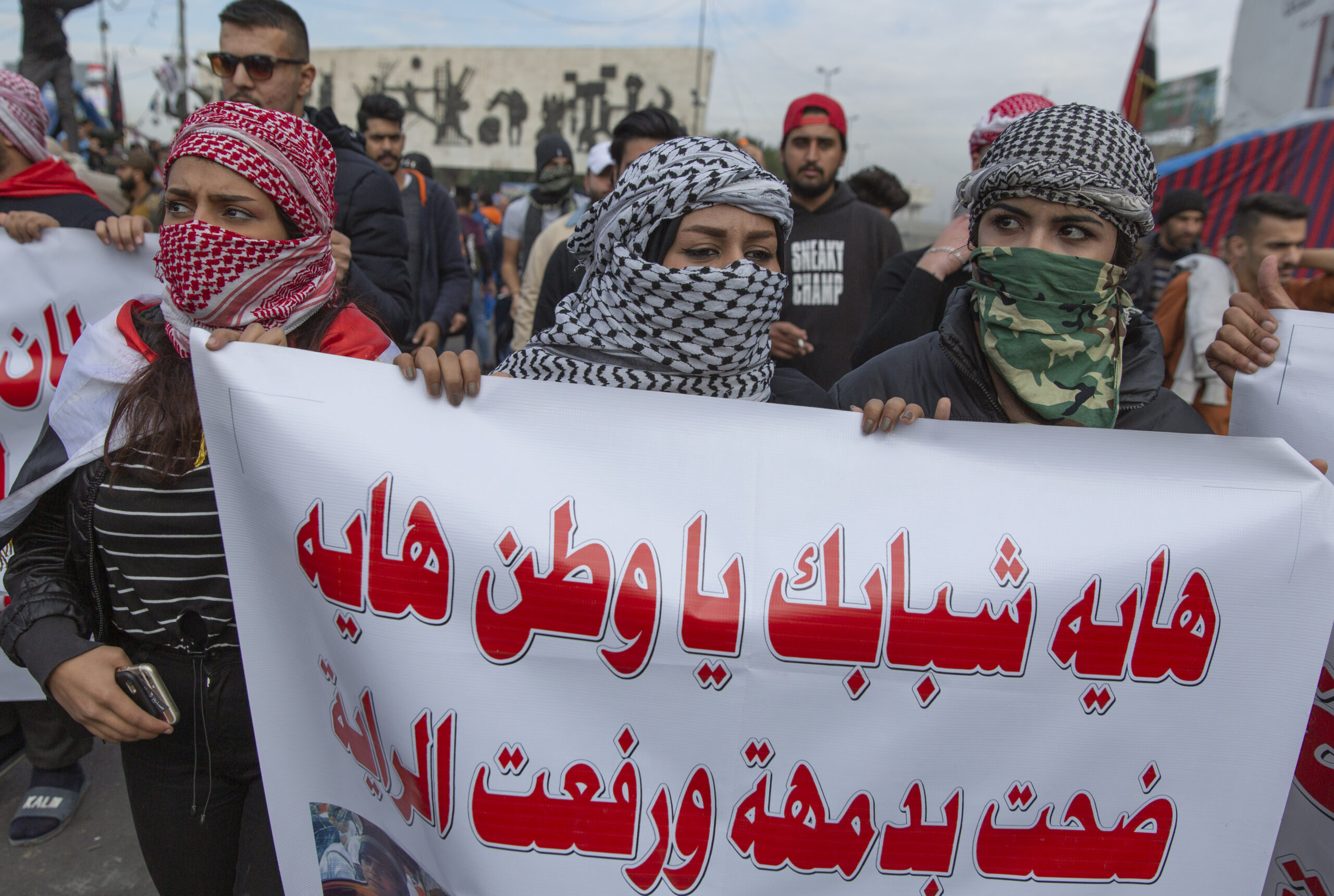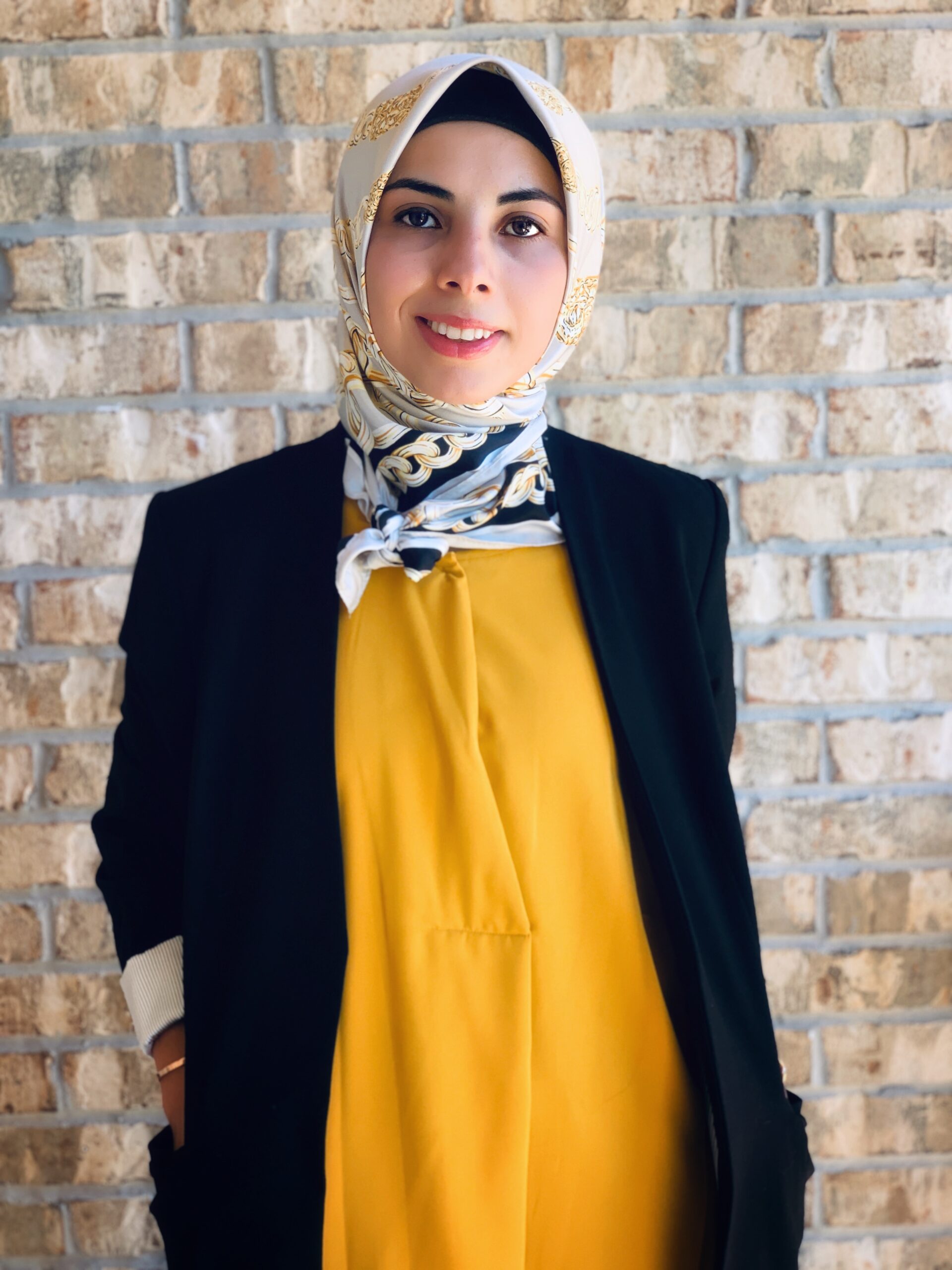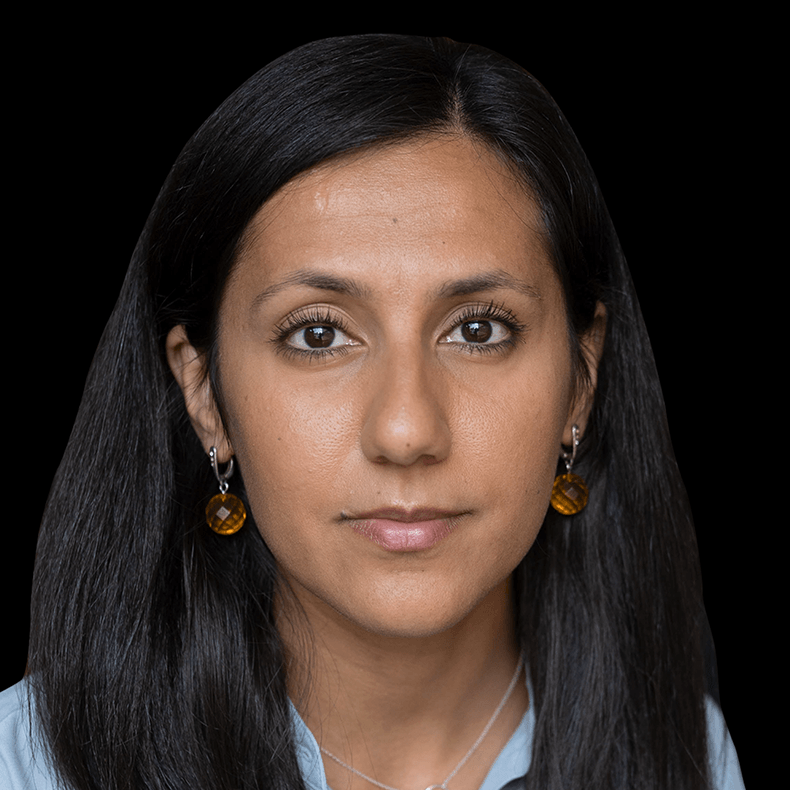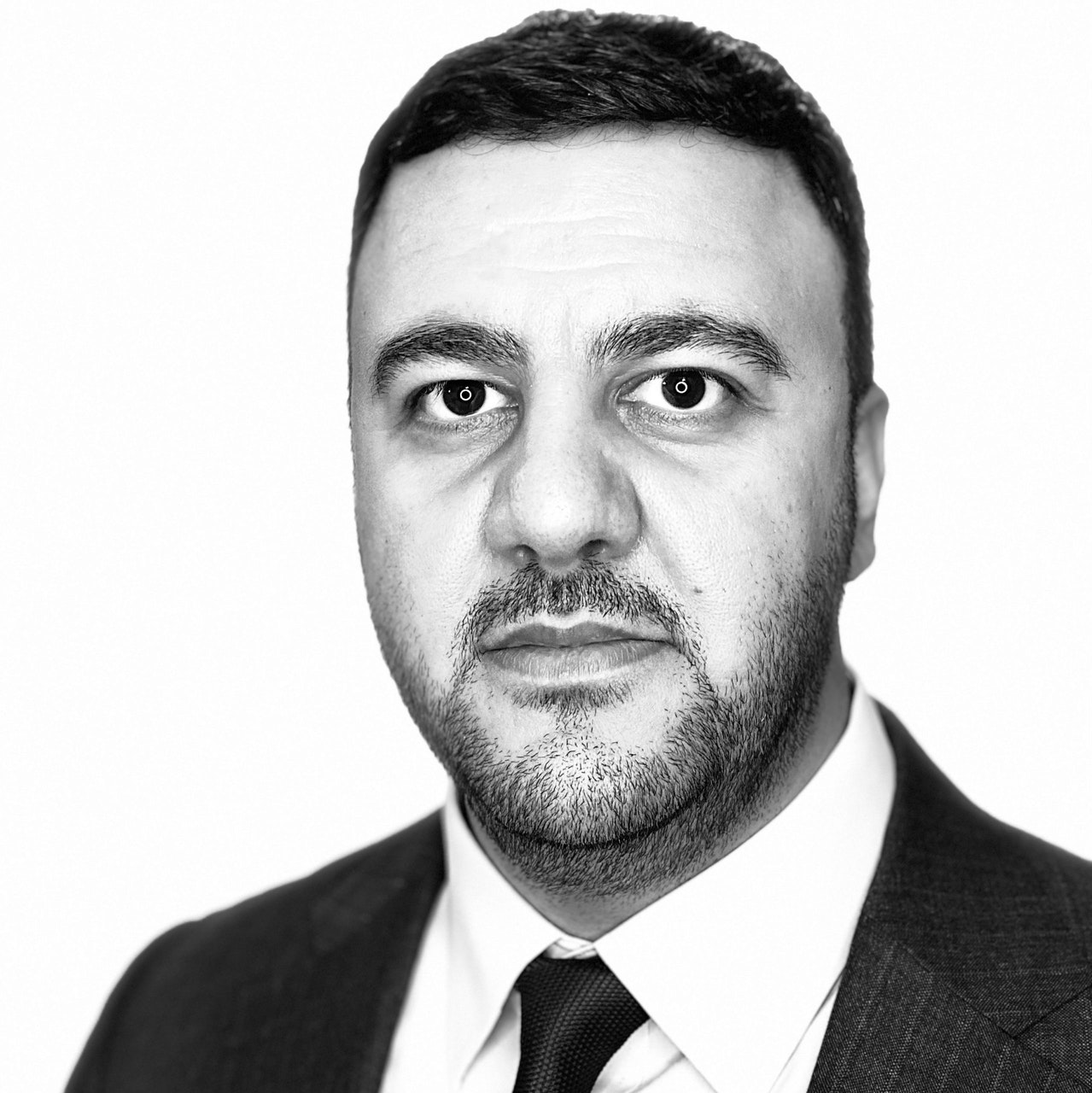After Sistani: Is There a Successor to Continue His Legacy?
Since the 2003 U.S.-led invasion that toppled Saddam Hussein, Iraq’s Grand Ayatollah Ali Sistani has played a key role in Iraq’s religious and political spheres, particularly as a staunch opponent of vilayet e-faqih.
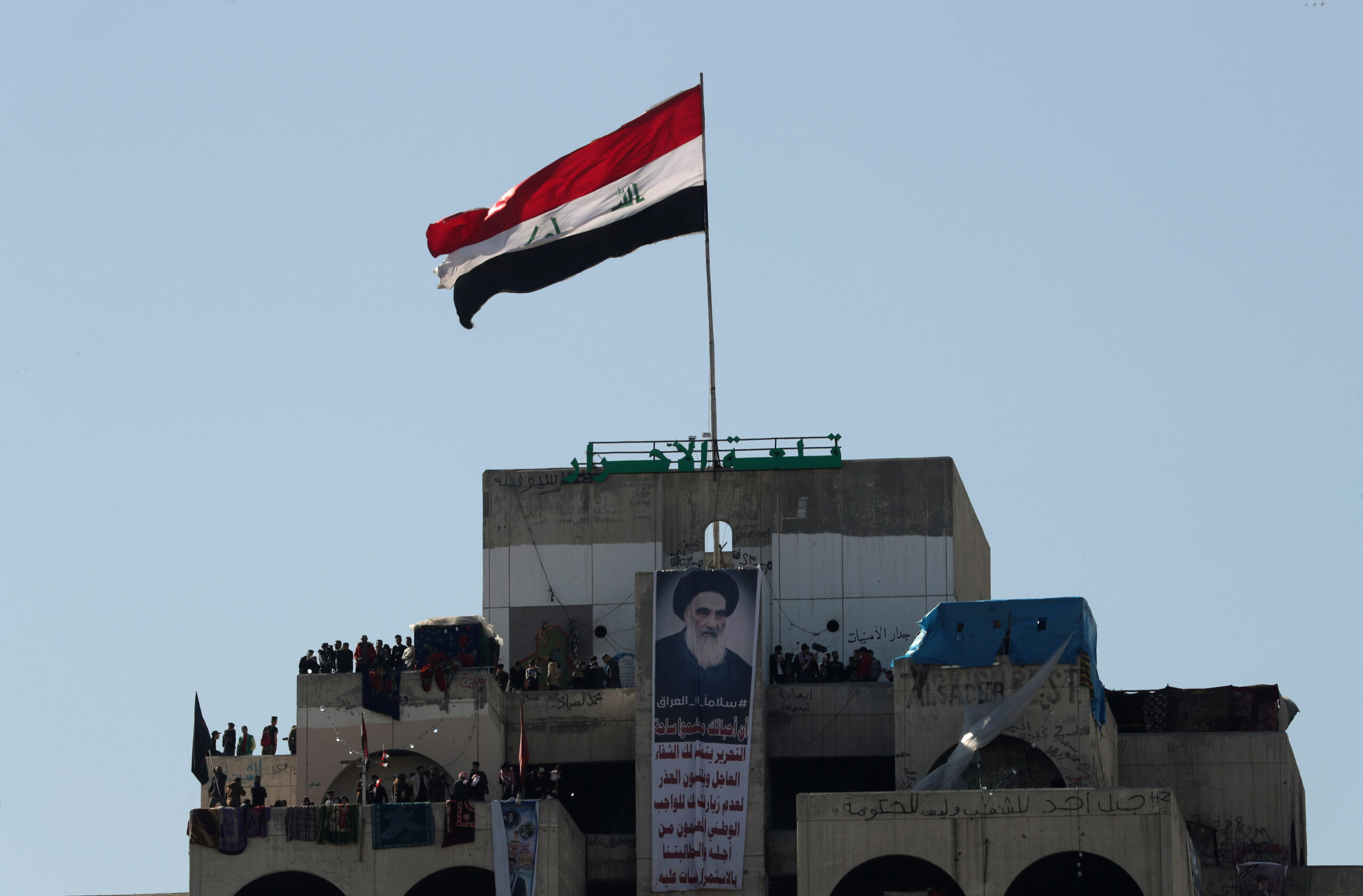
Executive Summary
For Shia Muslims, the question of who should have spiritual and political authority to lead the community of believers is vital to practicing the faith. Since the 2003 U.S.-led invasion of Iraq, Grand Ayatollah Ali Sistani has become a focal point of influence, not only for Iraqi Shias, but for Shias around the world. His fatwas, or religious rulings, have changed the course of history in Iraq and the region. Now that he is 92 years old, Shia Muslims in Iraq and elsewhere are concerned about who could succeed him, particularly because he has crafted a nuanced practice of clerical authority that could be applicable only to him. And he has served as a staunch opponent to the concept of the guardianship of the jurist – vilayet e-faqih – the Islamic governance enforced in Iran. His eventual passing is likely also to become a geopolitical issue: World leaders, particularly those in the West, worry his successor may not be as skilled in walking a fine line between weighing in on state affairs and prioritizing the interests of Iraqi citizens – working to achieve Iraqi sovereignty from its most intrusive neighbor, Iran.
The views represented herein are the author's or speaker's own and do not necessarily reflect the views of AGSI, its staff, or its board of directors.
